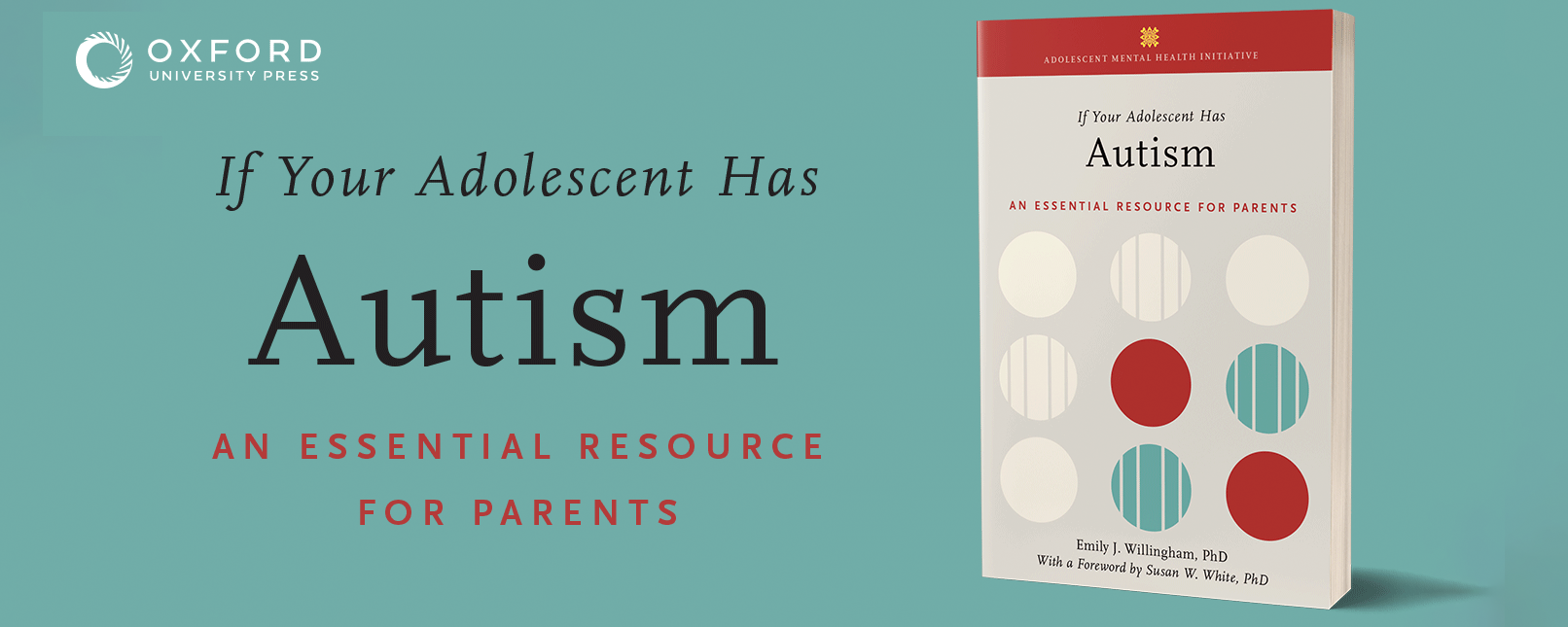 Abstract
Abstract
Background
Young drivers are disproportionately at-risk for motor vehicle crashes, which are often the result of risky decision-making on-road. Lapses in higher order cognition (e.g. metacognition and impulsivity) are associated with later development of the frontal lobes in teens and young adults; however, little research has examined the impact of these factors on risky driving behavior.
Objective
The current study investigated relationships between metacognitive ability, impulsive tendencies (i.e. acting without thinking and sensation seeking), and reported and objective simulated risky driving in a sample of young adult drivers (n= 65) aged 18 to 24 years (Mage= 21.2 years; 52.3% female) from a larger analysis of executive functions and driving. Metacognitive ability was measured via the self-report Behavior Rating Inventory of Executive Function (BRIEF) Metacognition Index (MI), Acting without Thinking (AWT) was measured via items from the Eysenck Junior Impulsivity Scale, and Sensation Seeking (SS) was measured via the Brief Sensation Seeking Scale-4 (BSSS-4). A modified Driving Behavior Questionnaire (mDBQ) was used to assess risky driving behaviors. In addition, the Virtual Driving Test (VDT) measured ecologically valid driving performance.
Results
Worse metacognitive ability scores were associated with greater self-reported risky driving (r= 0.40, p= 0.001) and making more stop sign errors in the VDT. (r= 0.27, p= 0.030). Regression models showed that metacognitive ability alone was a predictor of crashes (p= 0.049) and accounted for variance in reported risky driving above and beyond AWT and SS (p= 0.002).
Conclusions
Findings support the BRIEF-MI as a useful and ecologically valid tool for identifying risky drivers. Future research should build off of the framework proposed by the current study to further understand how metacognitive ability influences young driver decision-making, and how individual characteristics play a role.
Authors
- Luke R. Miller
- Elizabeth A. Walshe
- Chelsea Ward McIntosh
- Daniel Romer
- Flaura K. Winston


